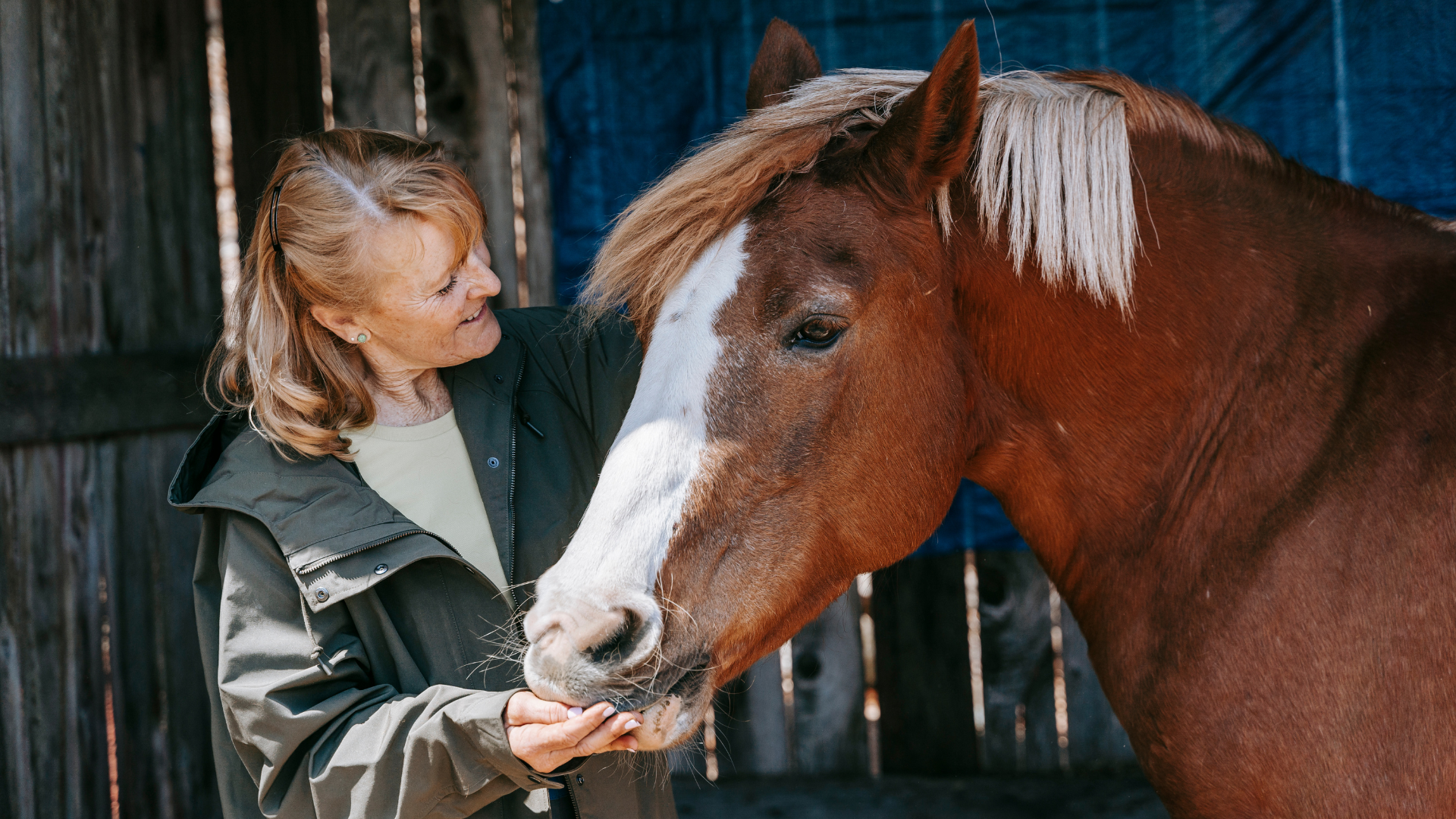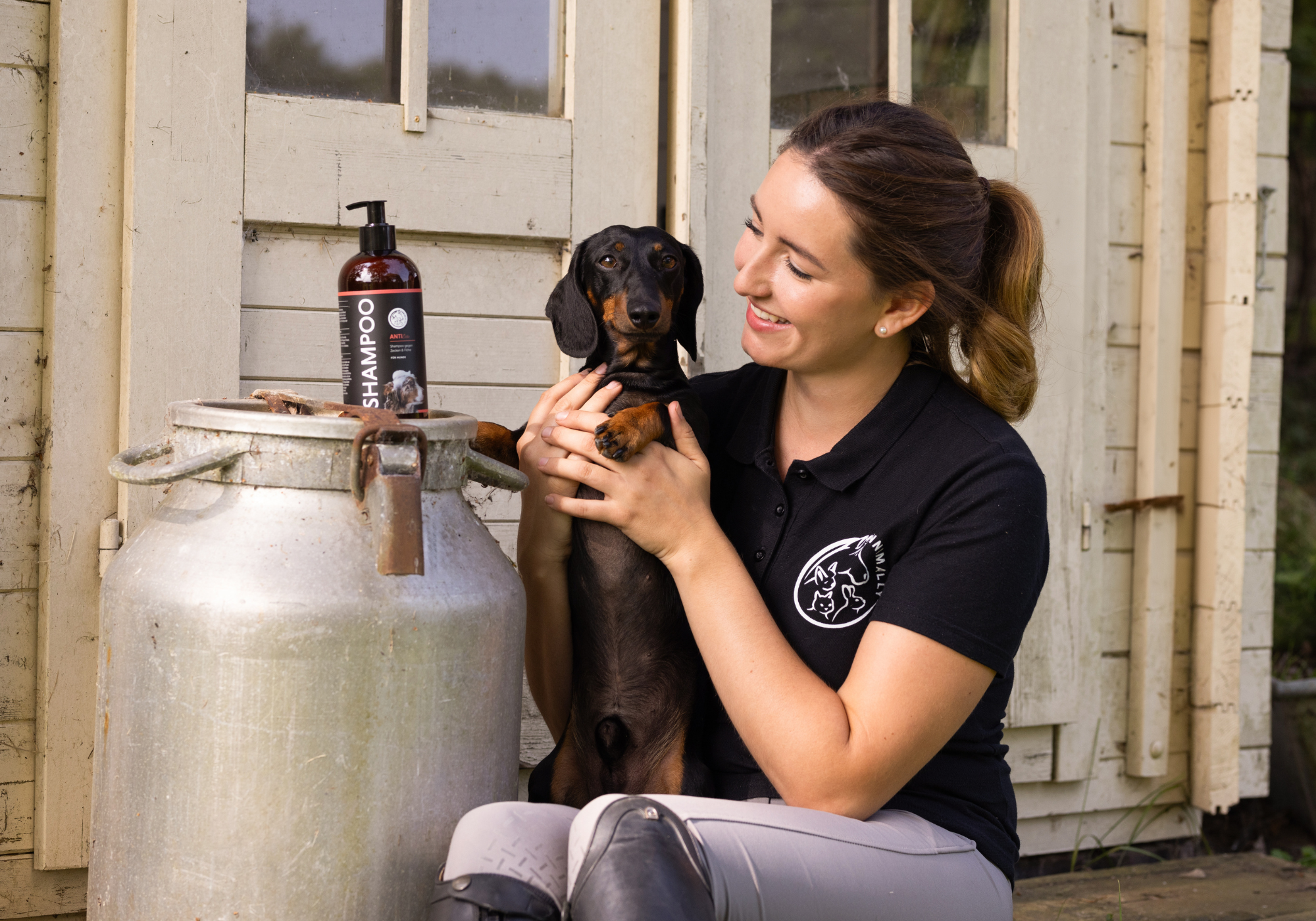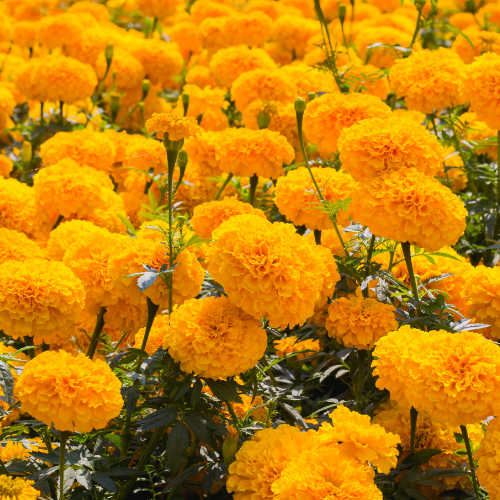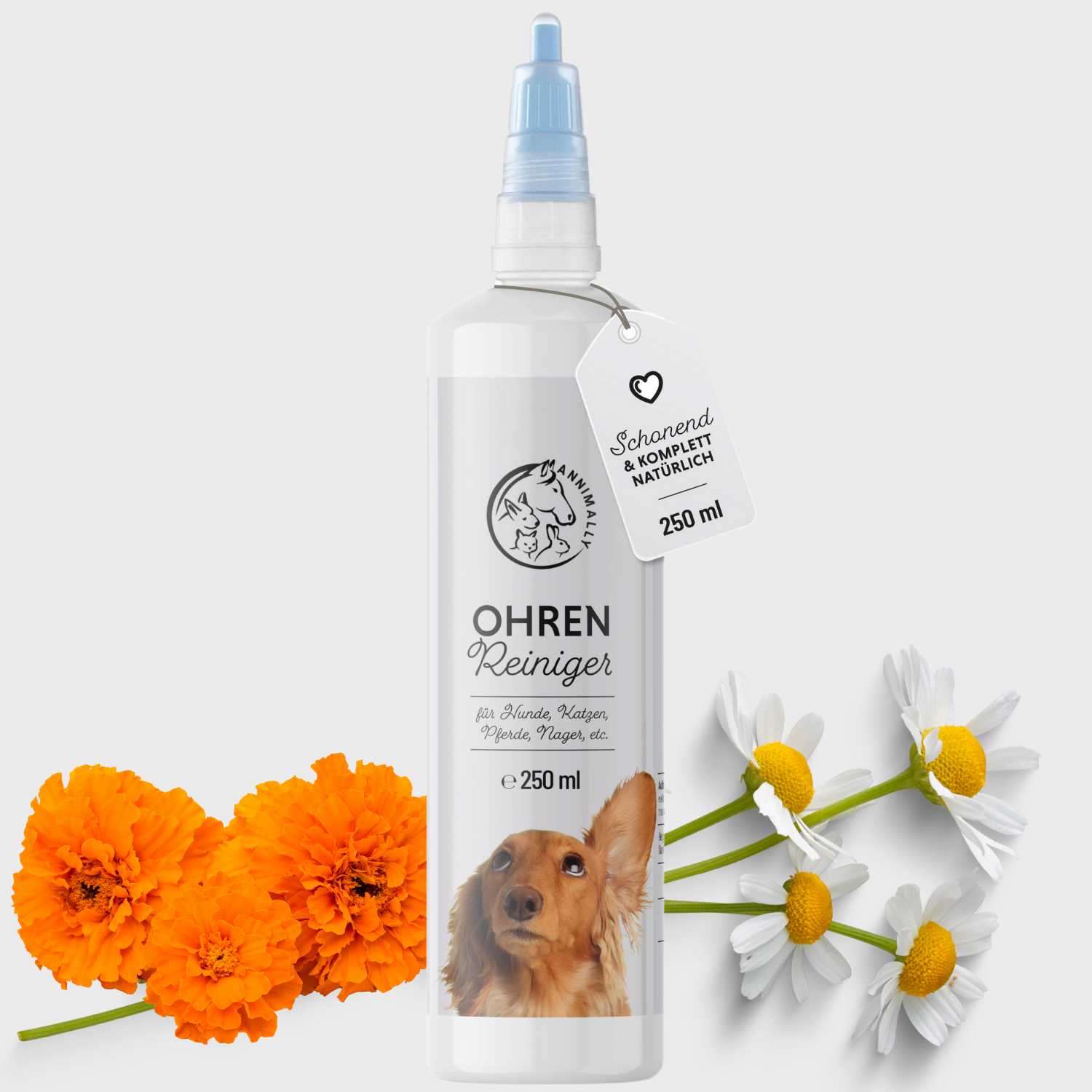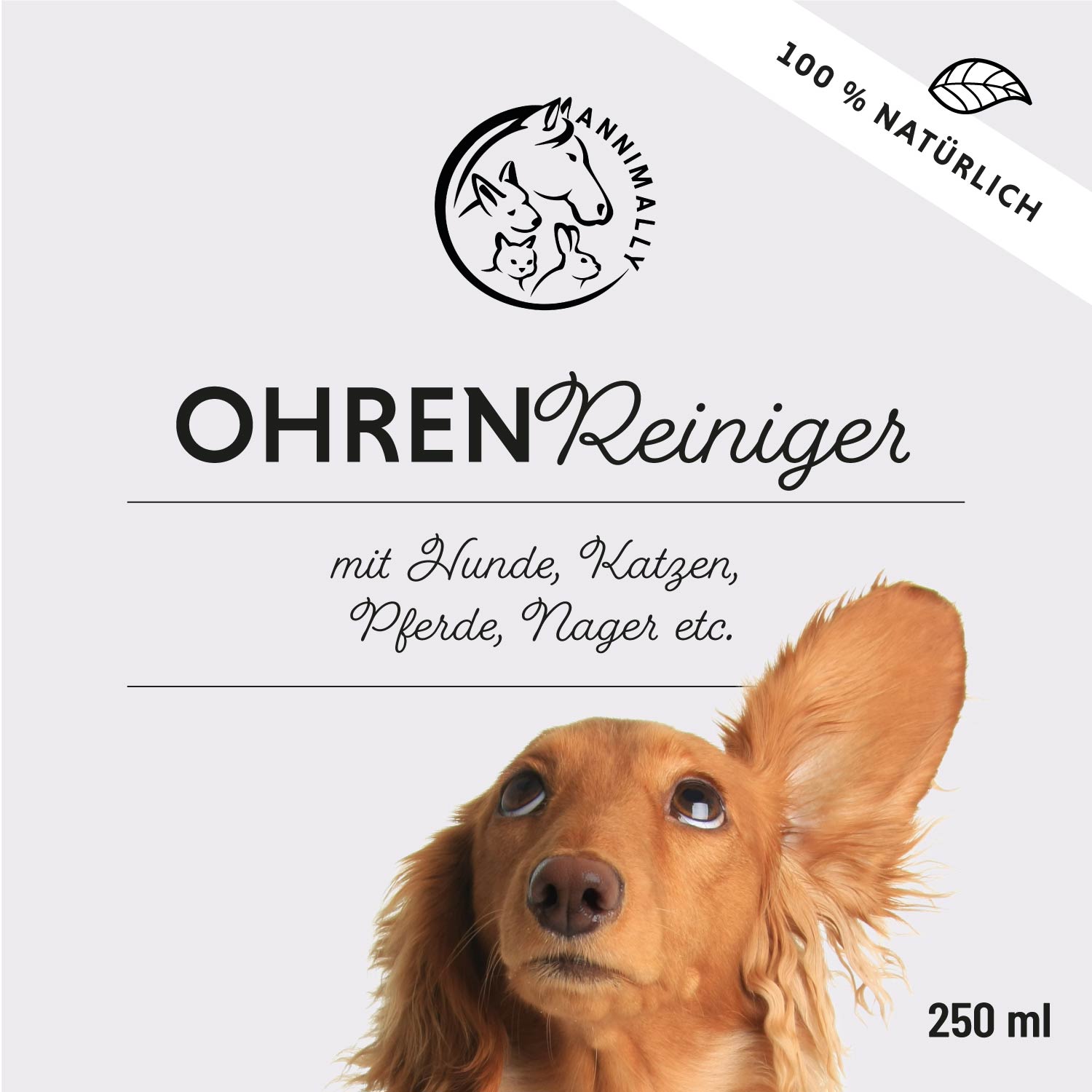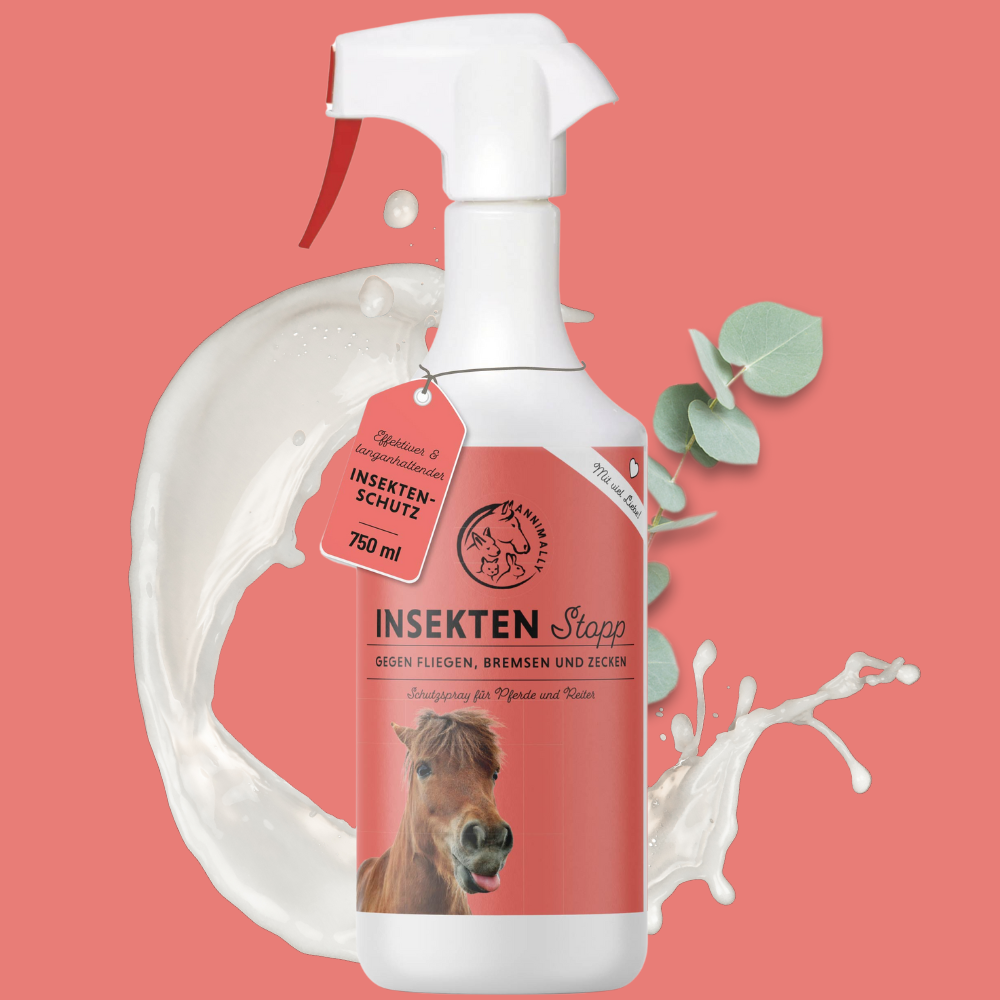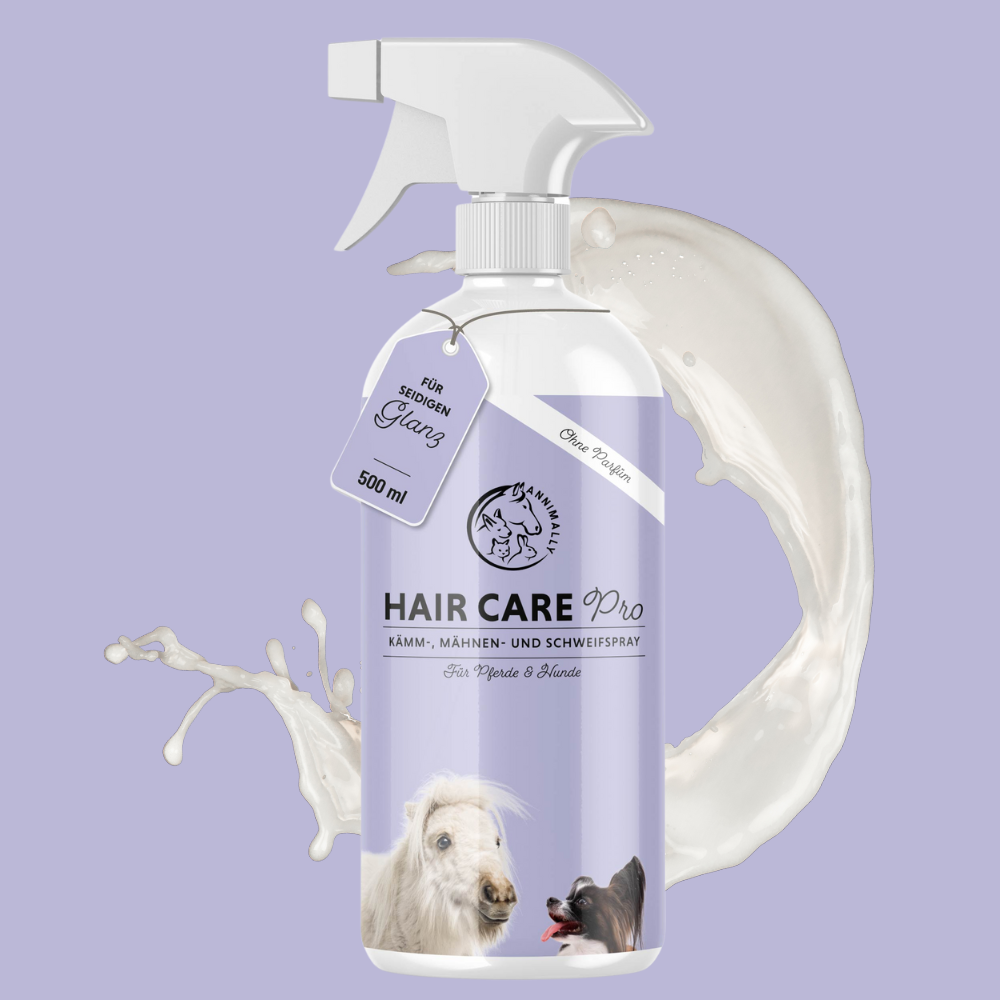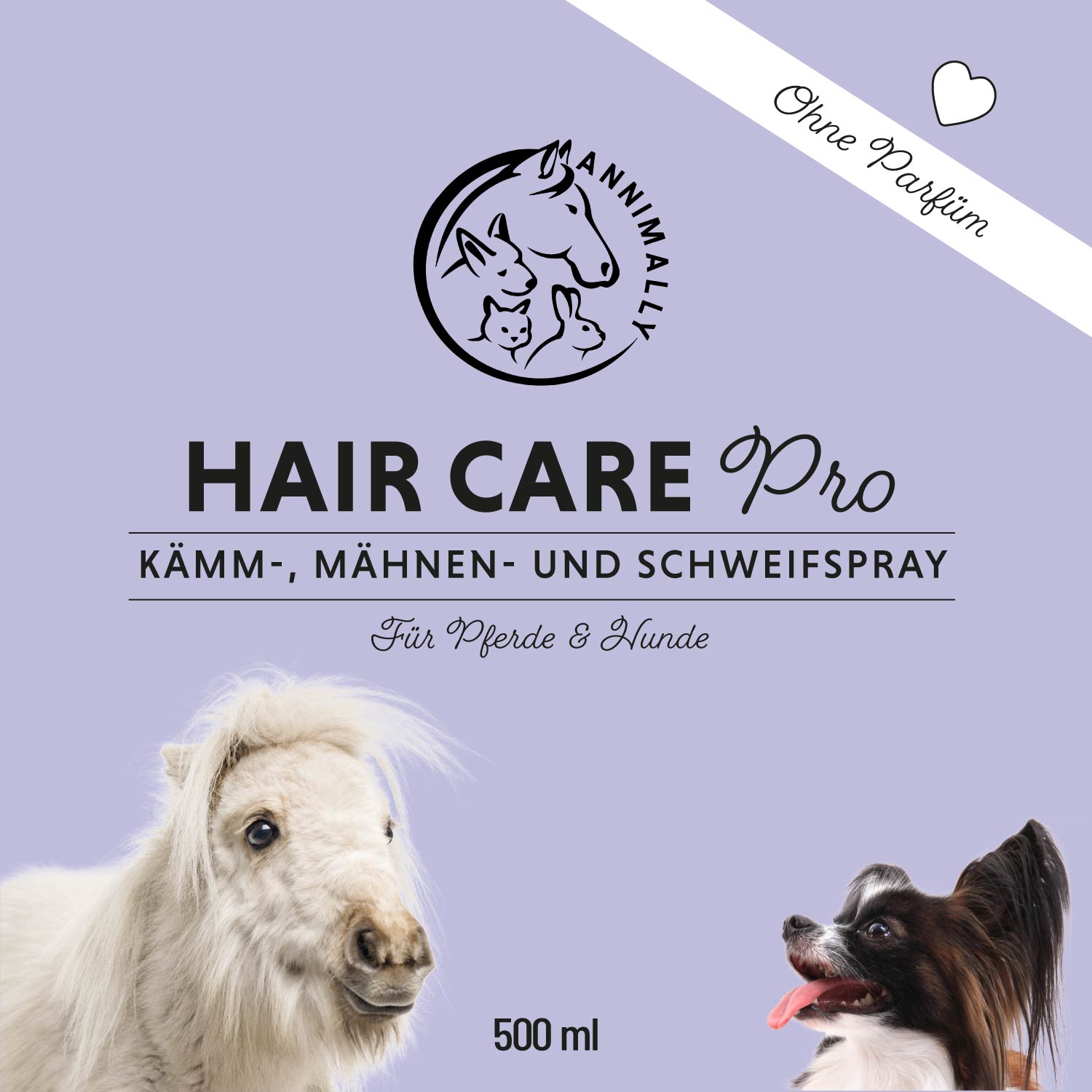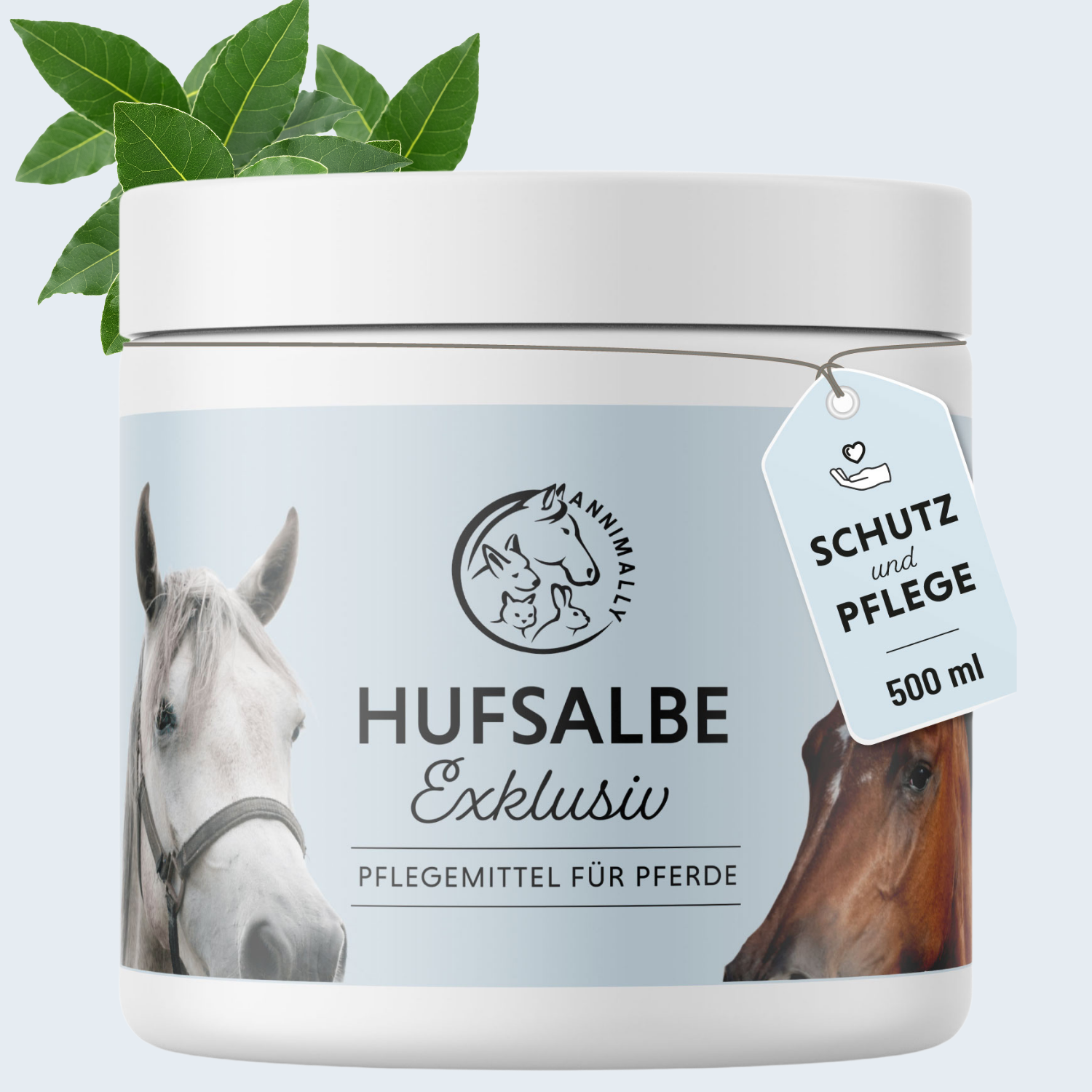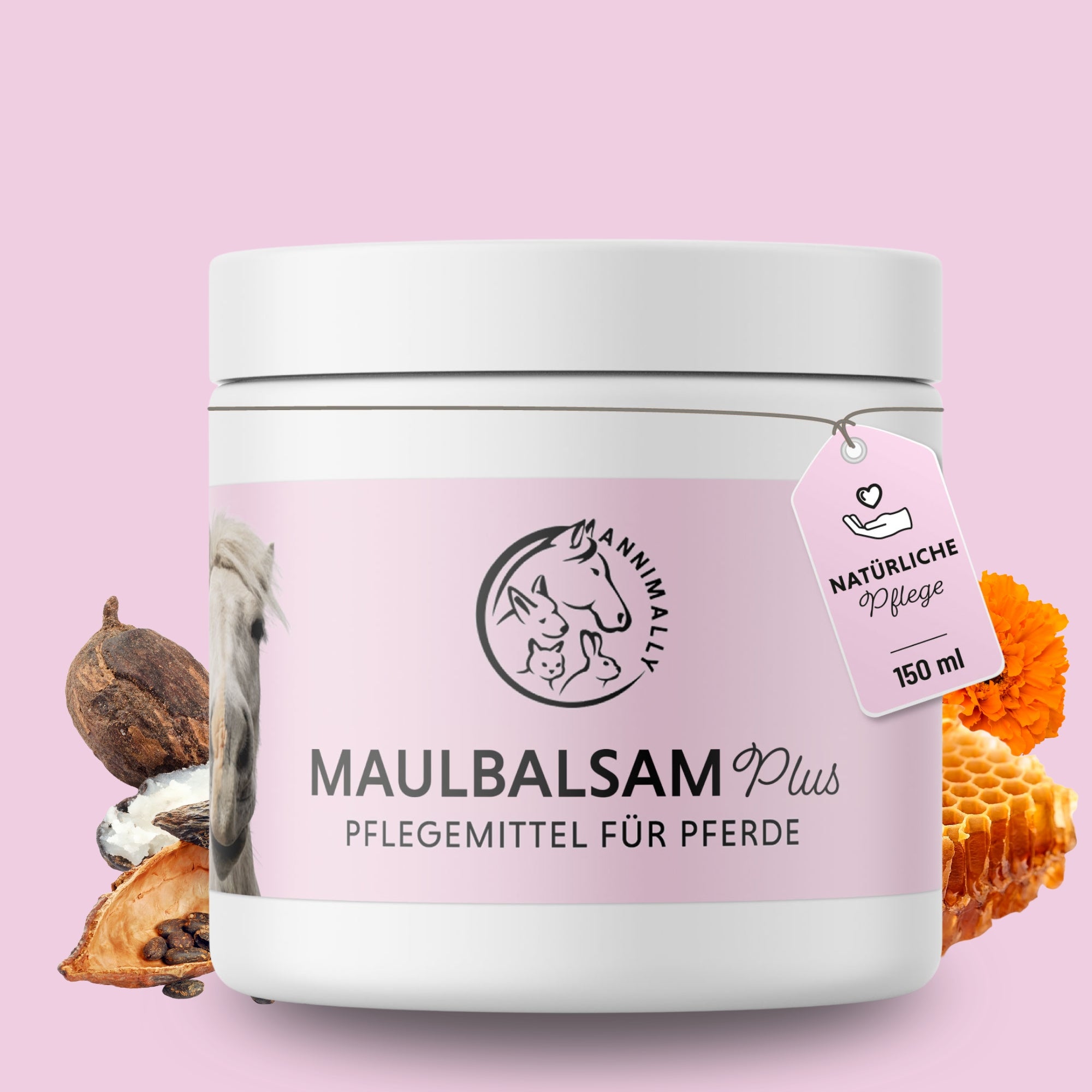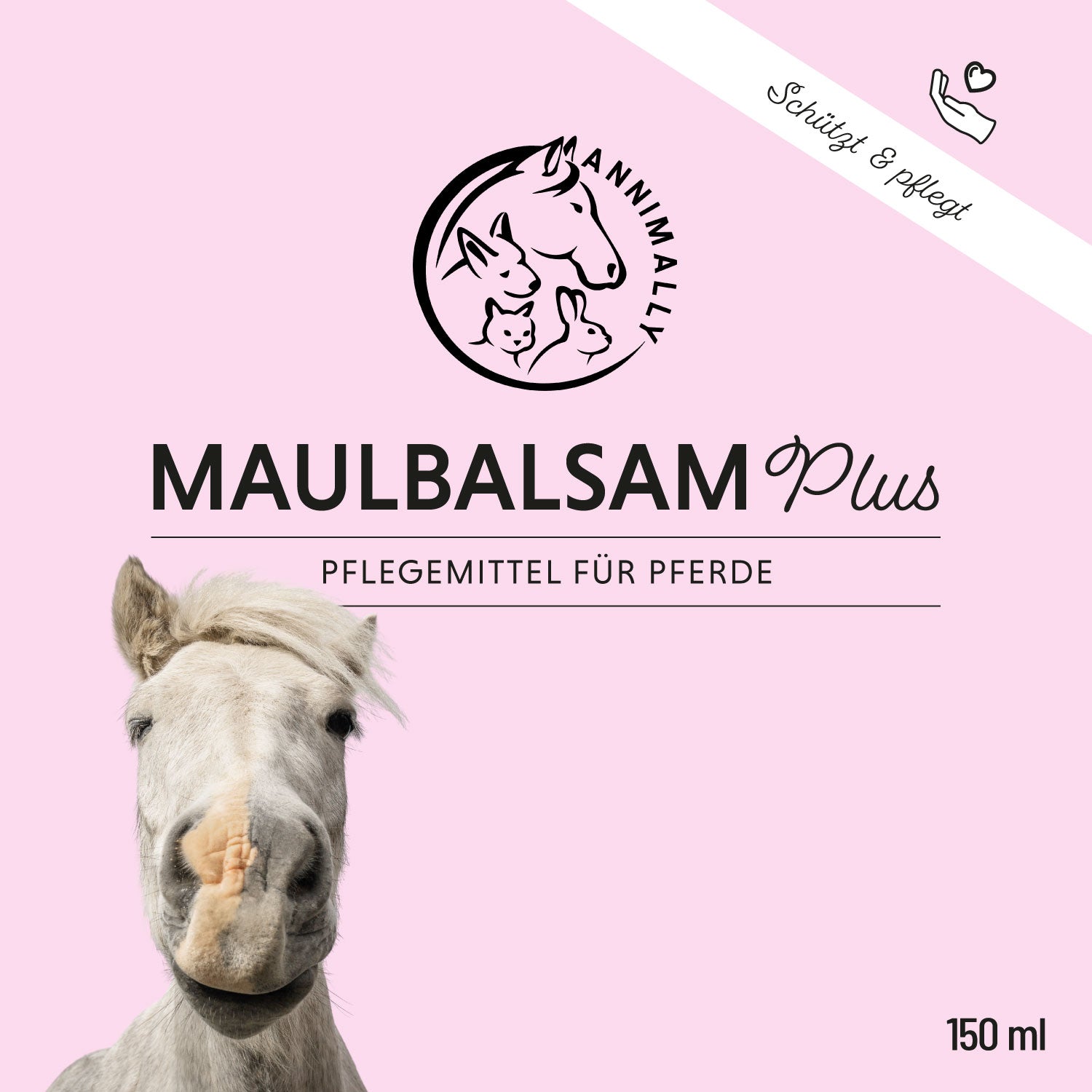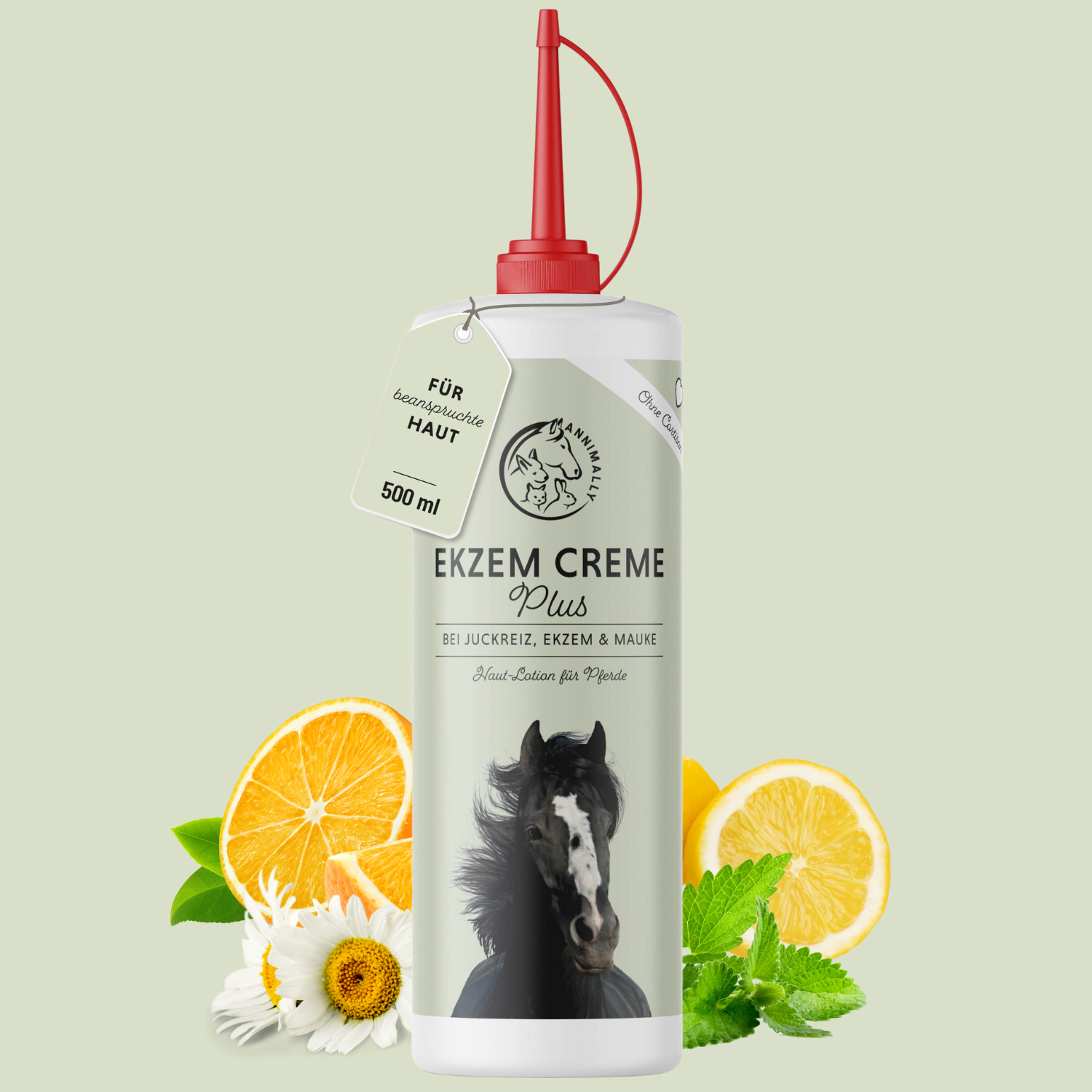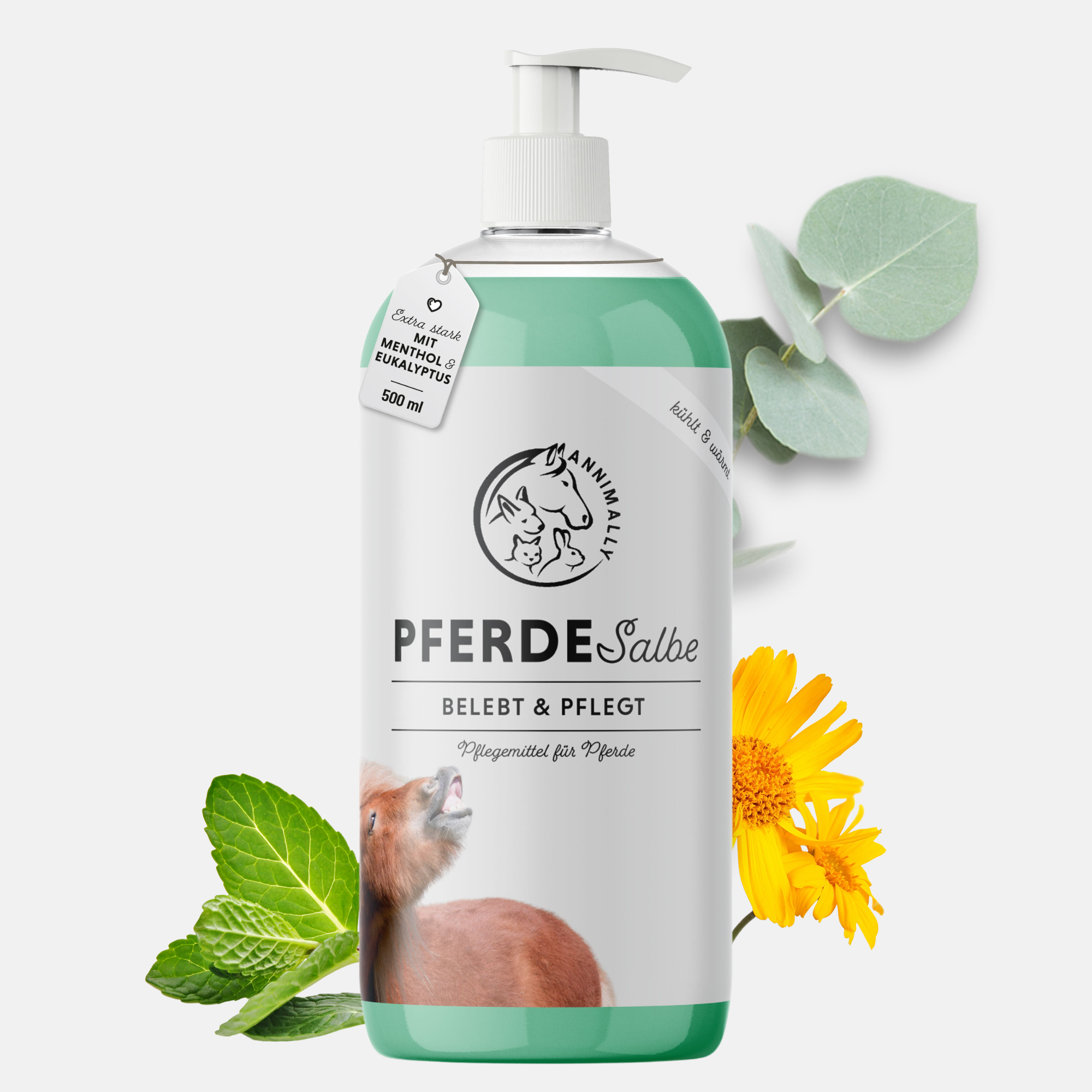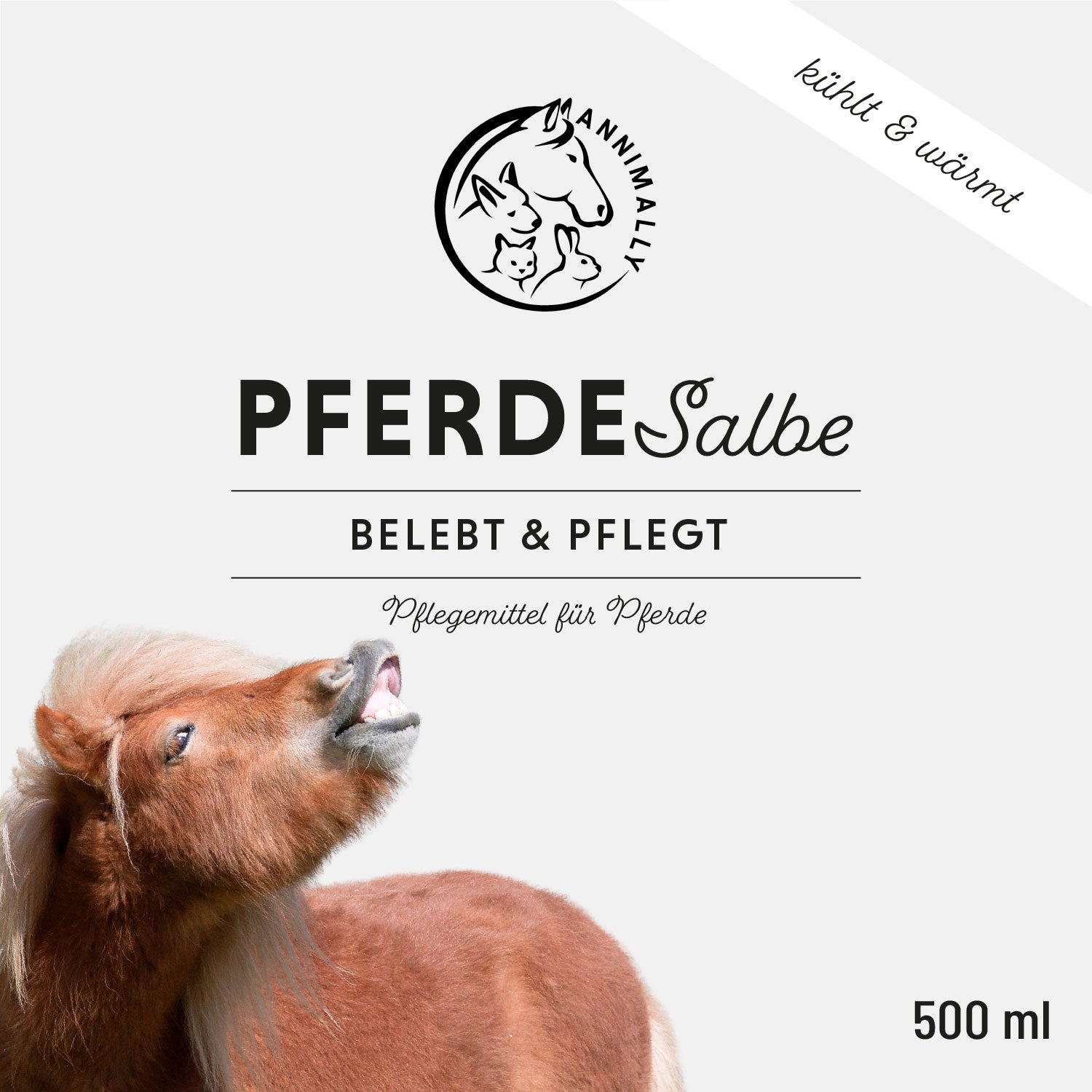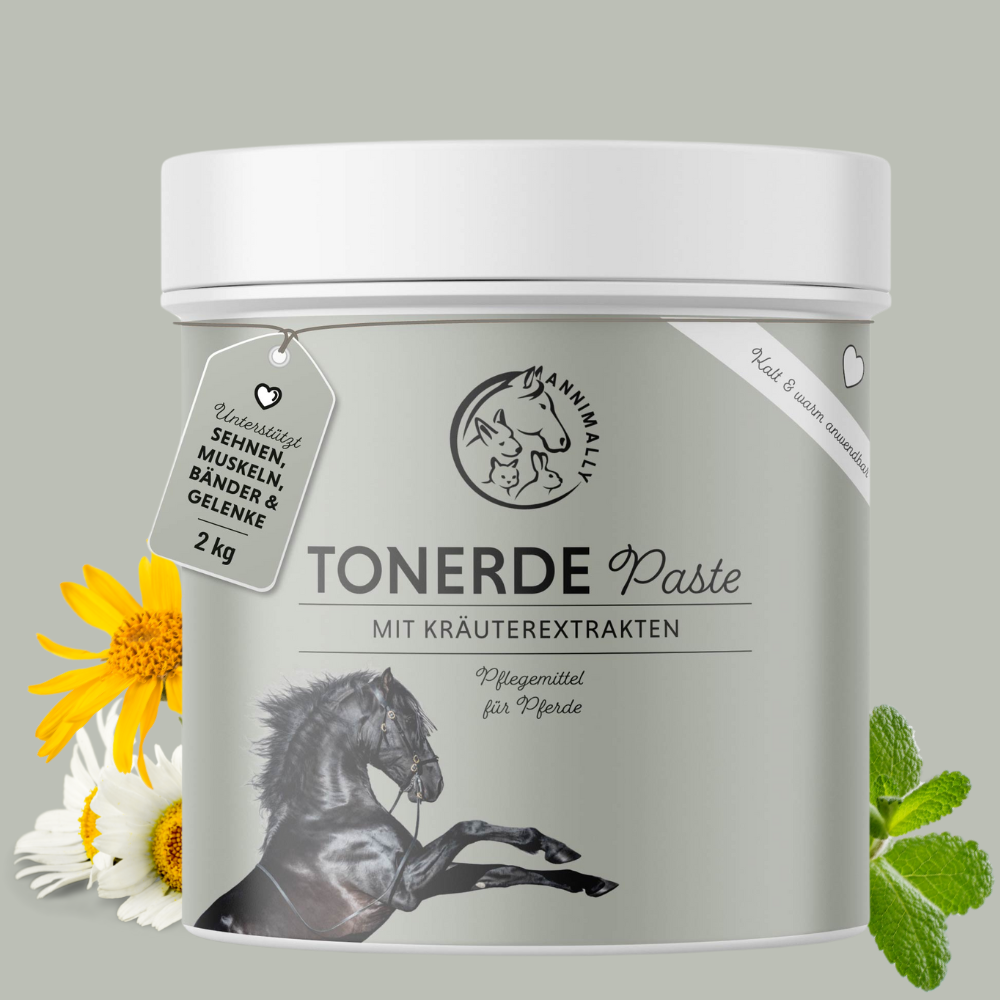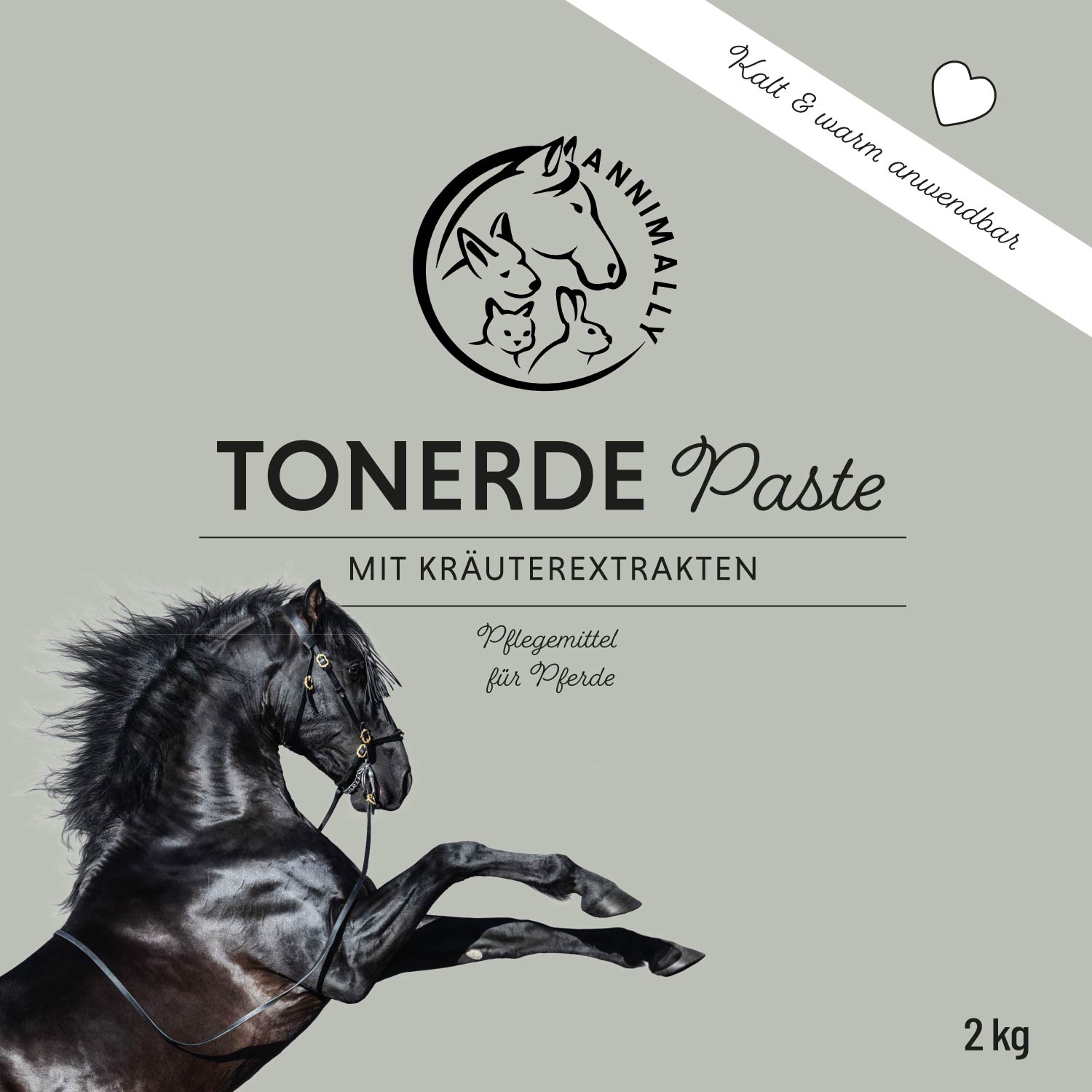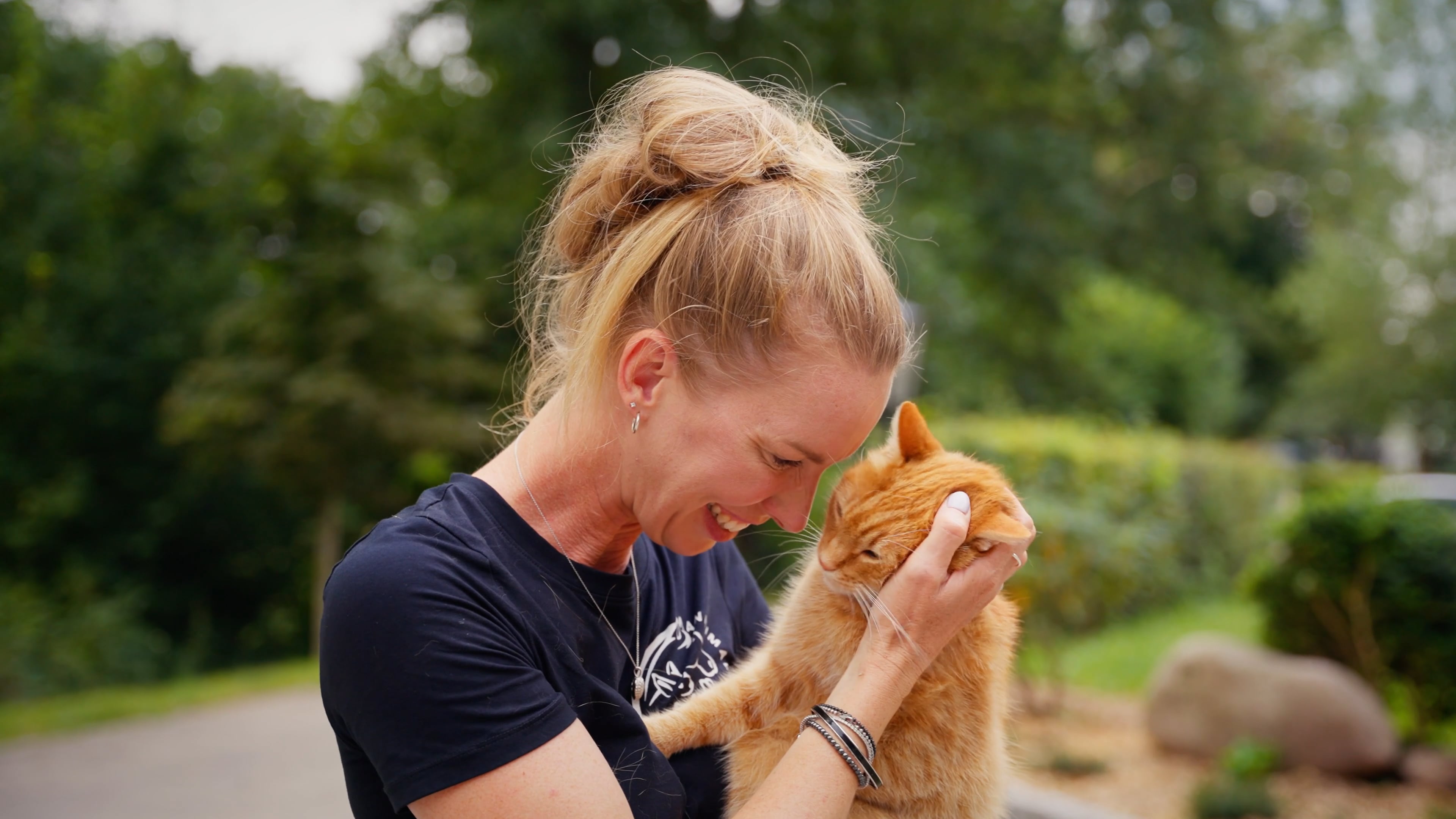Calendula for your horse: Natural support for stomach, skin and more
The marigold (Calendula officinalis), also affectionately called the flower of the sun, is much more than just pretty to look at.
This versatile plant has long since established itself as a staple in horse husbandry – and for good reason. Its healing properties provide support for numerous ailments. Whether it's stomach and intestinal problems, skin, inflammatory processes, or itching – marigold shows what it's made of.
In this article, you'll learn everything you need to know about using marigold for horses, its ingredients, the right amount, and how you can benefit from its top quality as a single feed.
The marigold (Calendula officinalis) – a small miracle of nature
The marigold belongs to the daisy family and has been used in natural medicine for centuries – for both humans and animals. Its sunny-yellow flowers are not only beautiful to look at, but also contain a variety of active ingredients, including essential oils, saponins, flavonoids, as well as mucilage and bitter compounds. These have anti-inflammatory and soothing effects and promote the regeneration of mucous membranes and skin.
Marigold is particularly valuable for horses – especially for stomach complaints, skin problems or to support digestion.
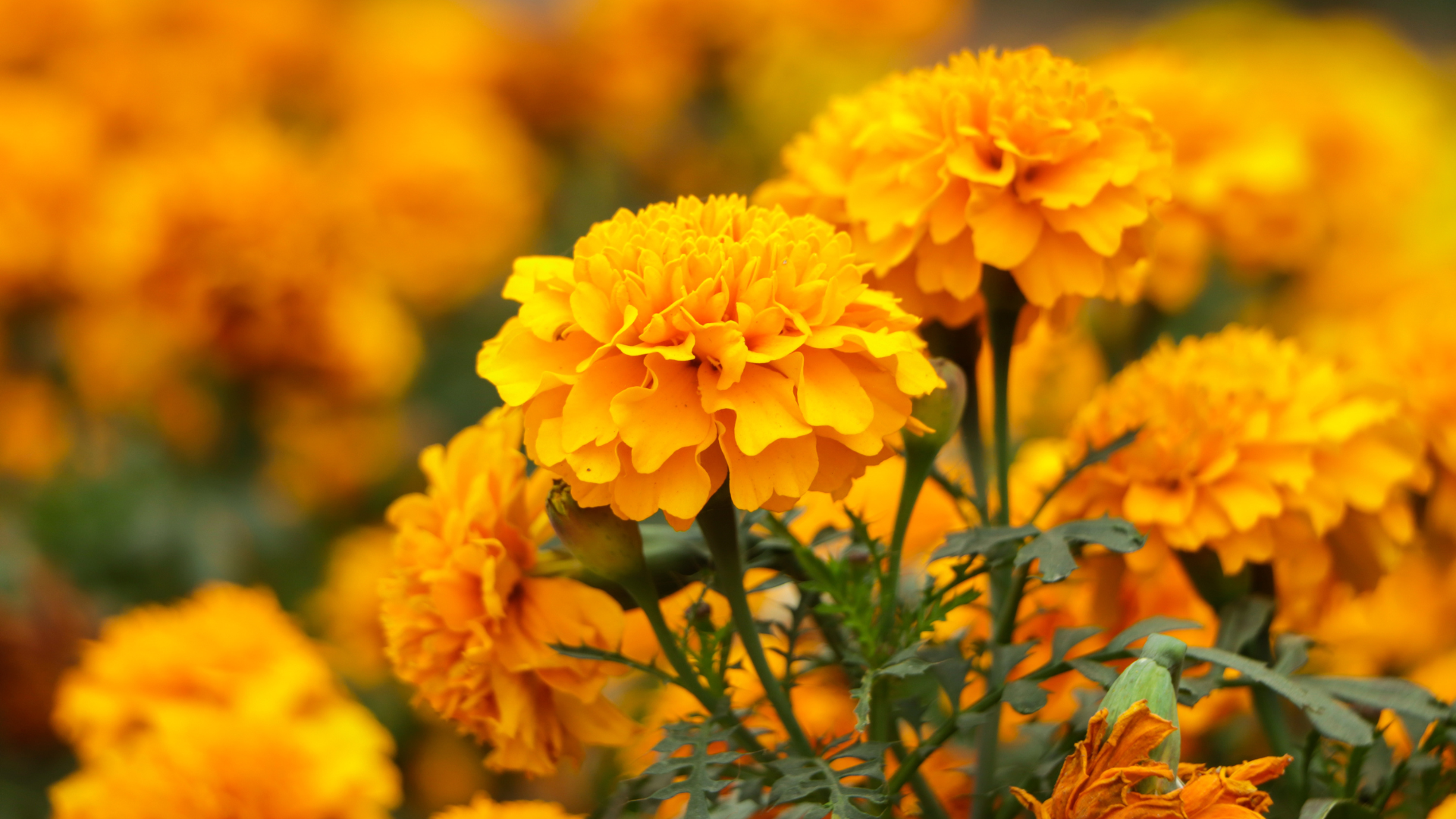
What effect does marigold have on horses?
The effects of marigold on horses are broad. Here's an overview of its most important functions:
1. Support for stomach and intestinal problems
Many horses suffer from a sensitive stomach or intestine, whether due to stress, feeding errors, or medication. The mucilage in marigold forms a protective film over the stomach lining and can thus soothe stomach problems such as irritation or inflammation.
Marigold also exerts its effects on the intestines: It supports regeneration and has a mild anti-inflammatory effect. Marigold can be particularly helpful for horses with sensitive digestions.
2. Skin care for itching, fungi and inflammation
Calendula is a proven remedy for skin problems. It works against itching, fungal infections, and inflammation. Calendula can be used externally, especially for small wounds or mud fever – for example, as a tincture or ointment. Its antibacterial properties help keep germs at bay and promote healing.
3. Support for liver and immune system
The bitter compounds in marigold stimulate liver and gallbladder activity. This not only strengthens digestion but also the immune system. When combined with other herbs such as arnica, the effect can be further enhanced.
How is marigold used on horses?
There are several ways to incorporate marigold into your horse's stable. It is usually fed as dried flowers or powder—either pure as a single feed or in special herbal blends.
Form and composition
The marigold is known as:
-
Whole flowers
-
Finely chopped cabbage
-
Powdered form
Available. Make sure the ingredients are as natural as possible, without additives—preferably top-quality and ideally from certified organic farming.
How much marigold does your horse need?
The right amount depends on your horse's weight, current health, and the desired effect. A rough guideline is:
-
Large horses: 10–25 g dried marigolds per day
-
Ponies: 5–15 g per day
It's best to sprinkle the dried flowers over food or mix them into mash or herbal pellets. For external applications such as compresses or ointments, ideally consult your veterinarian, especially for open wounds.
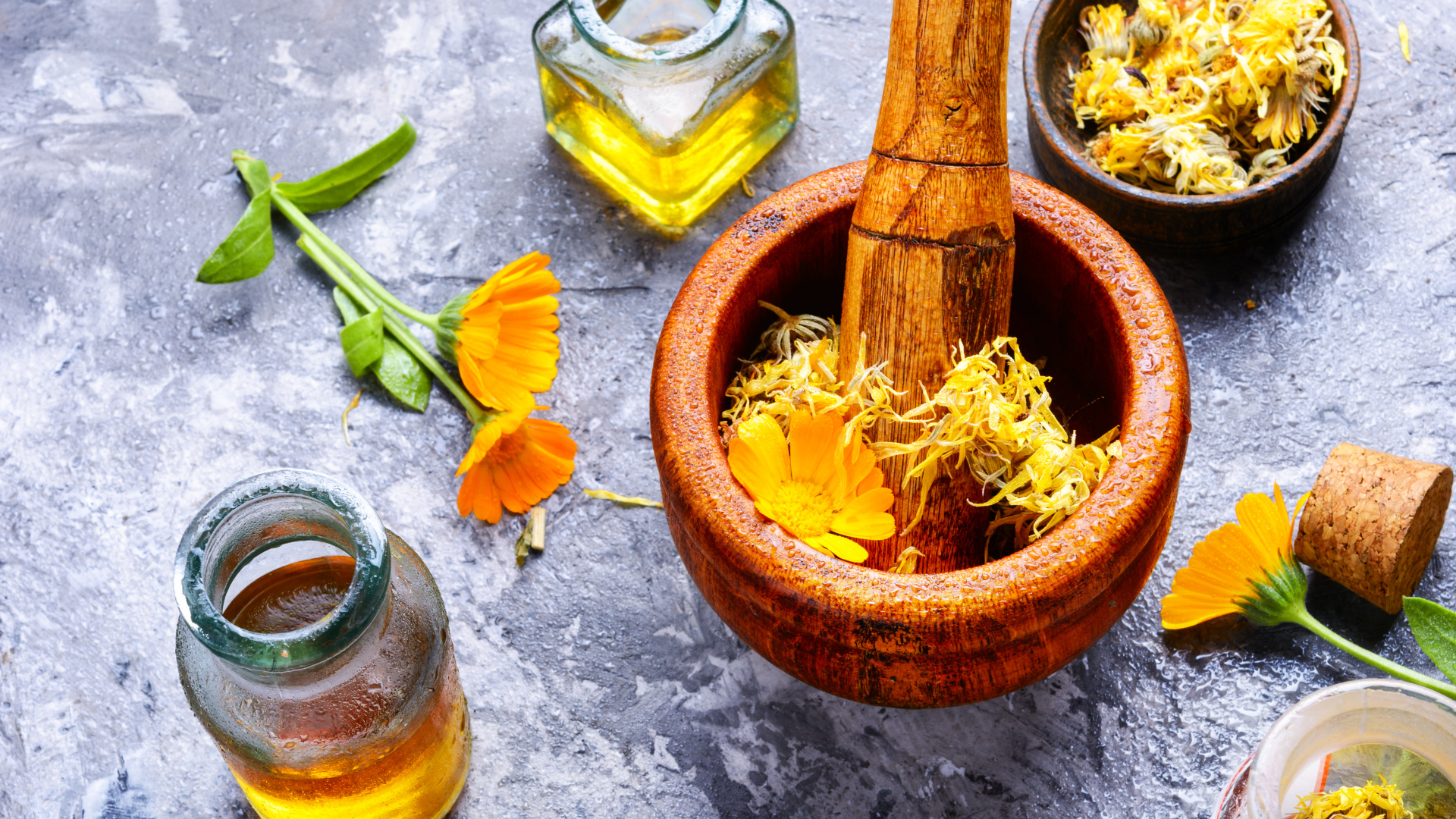
Combination with other herbs
Marigold combines excellently with other herbs. Particularly popular:
-
Arnica : Increases the circulation-promoting effect
-
Chamomile : Soothes the stomach and skin
-
Yarrow : Good for cramps and flatulence
-
Peppermint : For a fresh taste and additional digestive support
These blends are often found in special herbal products for horses. Read the product information carefully to make sure all ingredients are suitable for your horse.
What should you pay attention to when buying?
Not all dried calendula flowers are created equal. When purchasing, consider the following criteria:
-
Origin of the plant (ideally regional or organic)
-
Clean processing without dust or mold
-
Whole, bright yellow sepals and petals
-
Pleasant smell (not musty!)
-
Clear information on use and composition
You can recognize top-quality products by the fact that they do not contain unnecessary additives and are regularly checked for germs or pesticides.
When should you not give marigold to your horse?
Even though marigold is very well tolerated, you should be careful if:
-
Your horse is allergic to daisies
-
A chronic disease without a veterinary diagnosis is present
-
You are already giving other supplementary feed – interactions may occur here
If in doubt, talk to your veterinarian before adding new herbs to your pet's food.
Conclusion: Marigold – an all-rounder in the horse stable
Calendula officinalis is a true all-rounder for your horse. Whether for stomach problems, sensitive skin, or general digestive support – marigold impresses with its natural ingredients, versatile uses, and long tradition in veterinary medicine.
As a single feed or in herbal blends, you can easily incorporate them into your horse's daily diet – a gentle yet effective natural remedy. If you pay attention to quality and choose the right amount, you'll be doing your horse a real favor by giving them marigold.
And best of all: It's a piece of nature that you can use with a clear conscience – in the spirit of health, harmony, and species-appropriate care.
